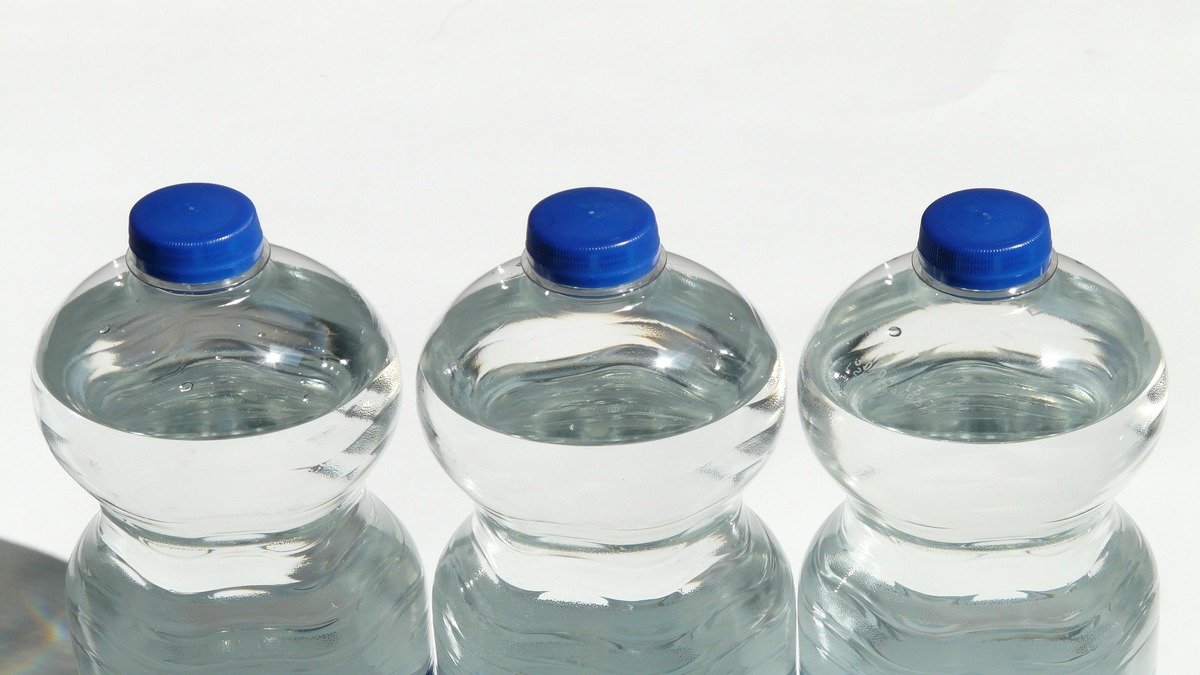Is It OK to Keep Refilling Plastic Water Bottles?

Single-use plastic water bottles are a common sight, but they’re also a major source of waste.
The world has become increasingly aware of the impact of plastic waste on our environment, and one question that often arises is whether it is safe to refill these bottles.
While it may seem like a simple solution to reuse plastic water bottles, there are potential risks and downsides to consider.
The safety and longevity of these bottles have been the subject of much debate, and it’s important to understand the facts before making a decision.
How many times can you safely reuse a plastic water bottle?
The number of times you can safely reuse a plastic water bottle depends on the type of plastic used to make the bottle.
Most single-use plastic water bottles are made from a type of plastic known as polyethylene terephthalate (PET).
According to the International Bottled Water Association, PET bottles are safe to reuse up to a certain point. They recommend that consumers only reuse these bottles once or twice, after which they should recycle them.
Other types of plastic used in single-use water bottles, such as polycarbonate and polypropylene, are not recommended for reuse due to potential health risks associated with these materials.
Over time, the plastic in the bottle can break down and release chemicals such as bisphenol A (BPA) and phthalates. These chemicals have been linked to a range of health problems, including hormonal imbalances and developmental issues in children.
How long is it safe to reuse a plastic water bottle?
PET bottles should only be reused a few times before being recycled. After a few uses, the plastic begins to break down and can leach harmful chemicals into the water.
If the bottle has been exposed to heat or left in the sun for prolonged periods, it can accelerate the breakdown of the plastic, making it even less safe to reuse.
Experts recommend that plastic water bottles should not be reused for an extended period of time, particularly if they are not cleaned properly or stored in a warm environment.
Over time, bacteria can accumulate in the bottle, which can lead to contamination of the water.
Why you shouldn’t refill plastic water bottles?
This is a question that many people may ask, especially if they are trying to reduce waste and save money by reusing single-use bottles.
In addition to the potential health risks of using and reusing plastic water bottles, there are significant environmental concerns to consider.
The production of plastic water bottles requires a significant amount of energy and resources, and the vast majority of them ultimately end up in landfills or as litter in our environment.
While refilling and reusing these bottles may reduce the number that ends up in the trash, it does not address the larger issue of plastic waste and pollution.
The impact of plastic waste on our planet is staggering. Plastic water bottles can take hundreds of years to decompose, and during that time, they can leach harmful chemicals into the soil and water.
This can pose a serious threat to wildlife and marine life, who can mistake plastic for food or become entangled in it.
So, what can you do instead?
The best solution is to opt for reusable water bottles made of materials such as glass, stainless steel, or even biodegradable plant-based materials.
These bottles can be used for years and can significantly reduce our impact on the environment while ensuring our health and safety.
There are many options available in the market, and they come in different shapes, sizes, and styles to fit your preferences.
In conclusion, the next time you reach for a plastic water bottle, remember the impact it has on our planet and the potential risks it poses to our health.
Let’s make the switch to reusable bottles and take a step towards a more sustainable future.
By choosing reusable water bottles, we can reduce plastic waste, decrease our exposure to harmful chemicals, and promote a healthier planet for generations to come.
